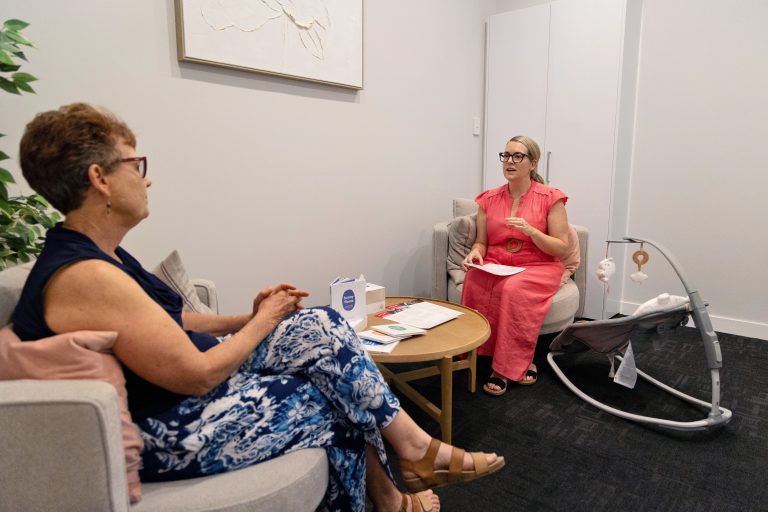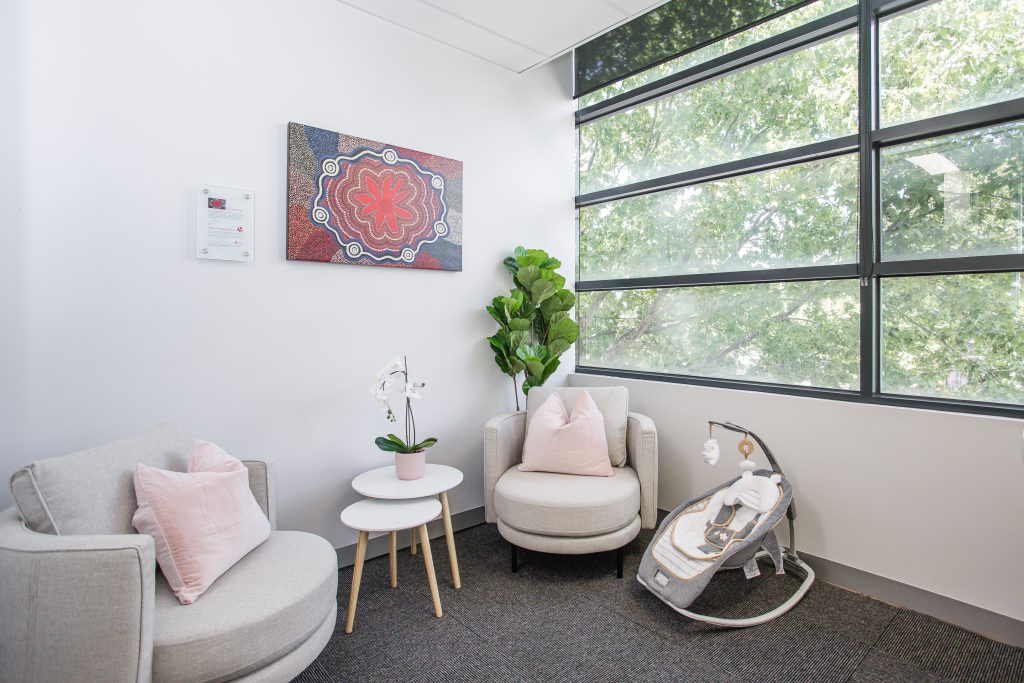Australia’s Falling Fertility Rate Reveals the Need for Better Support Systems for New Parents

The latest Australian Bureau of Statistics (ABS) data on births and fertility rates in 2024 have highlighted a shift in Australia’s modern family unit.
The ABS data showed a drop in fertility rates to a record low of 1.482 births per woman, well below the replacement level fertility rate of 2.1 births per woman, which refers to the level needed to sustain the country’s population without immigration1. The data also revealed the median age of mothers is now 32.1 years old, and fathers 33.9 years old. The two figures point to a downsizing of the typical Australian family unit as parents are having less children and that couples are having children later in life.
With Australia’s birth rate was up 1.9% in 2024 to a tune of 292,318 births, we will continue to see an increased demand for perinatal mental health services.
As Australia’s modern family structure evolves, we’re seeing a rise not only in the number of people seeking perinatal mental health support, but also in the complexity of their needs.

The Hidden Emotional Load
For some parents, they are entering parenthood after years spent building careers, achieving financial goals and creating a stable life. While this foundation can offer security, the transition to parenthood may bring an unexpected emotional shift. Parenthood is profoundly transformative, even when carefully planned, and some new parents can be caught off guard by feelings of isolation or uncertainty once their baby arrives.
For some fathers, this can be especially difficult to articulate. Many dads still feel they have to be the rock of the family, supporting their partner while quietly managing their own transition to parenthood. Research suggests that one in ten fathers experience symptoms of perinatal depression or anxiety (PNDA), yet few reach out for help.
As more couples choose to start families in their 30s or later, some may discover they lack the close-knit support networks that previous generations depended on. Grandparents may live at a distance, friends might be navigating different life stages and some workplaces can have unrealistic expectations for a swift return to normalcy, particularly at senior levels of workforce.
These changing family dynamics mean that both parents, regardless of gender, require more robust emotional, practical and workplace support.

Building Stronger Mental Health Support Pillars for Parents
Experiencing anxiety or low moods during the perinatal period doesn’t mean you’re not equipped to thrive as a parent, it simply means you’re human. PNDA can be a response to the overwhelm of parenthood, which can affect both parents. Support is available through organisations like Gidget Foundation Australia, where we provide psychological support for both mums and dads, either face-to-face at a Gidget House location or via online telehealth nationally.
In fact, to cater to growing demand for our perinatal mental health services across Australia, within the month of October we have opened Gidget Houses in Burleigh Heads on the Gold Coast of Queensland, Point Cook in Victoria and Piccadilly in Sydney. These add to Gidget Foundation’s network of 39 Gidget Houses across Australia.
The journey into parenthood will always be deeply emotional, but you are not alone. Every parent deserves to feel supported during this transformative life stage. As Australia’s family structures continue to shift, so too must our conversations about parenting. With services like Gidget Foundation Australia offering a range of supports and professional care in a judgement-free environment, today’s parents can navigate parenthood with confidence and connection.
 Written by Arabella Gibson, CEO at Gidget Foundation Australia
Written by Arabella Gibson, CEO at Gidget Foundation Australia
Gidget Foundation Australia is a not-for-profit organisation that supports the mental health of expectant, new and potential parents to ensure they receive accessible, timely and specialist care. It offers year-long, free, specialist perinatal mental health psychological services online and in-person, and invests in retention, engagement, and development of its clinicians through.
Citations:













